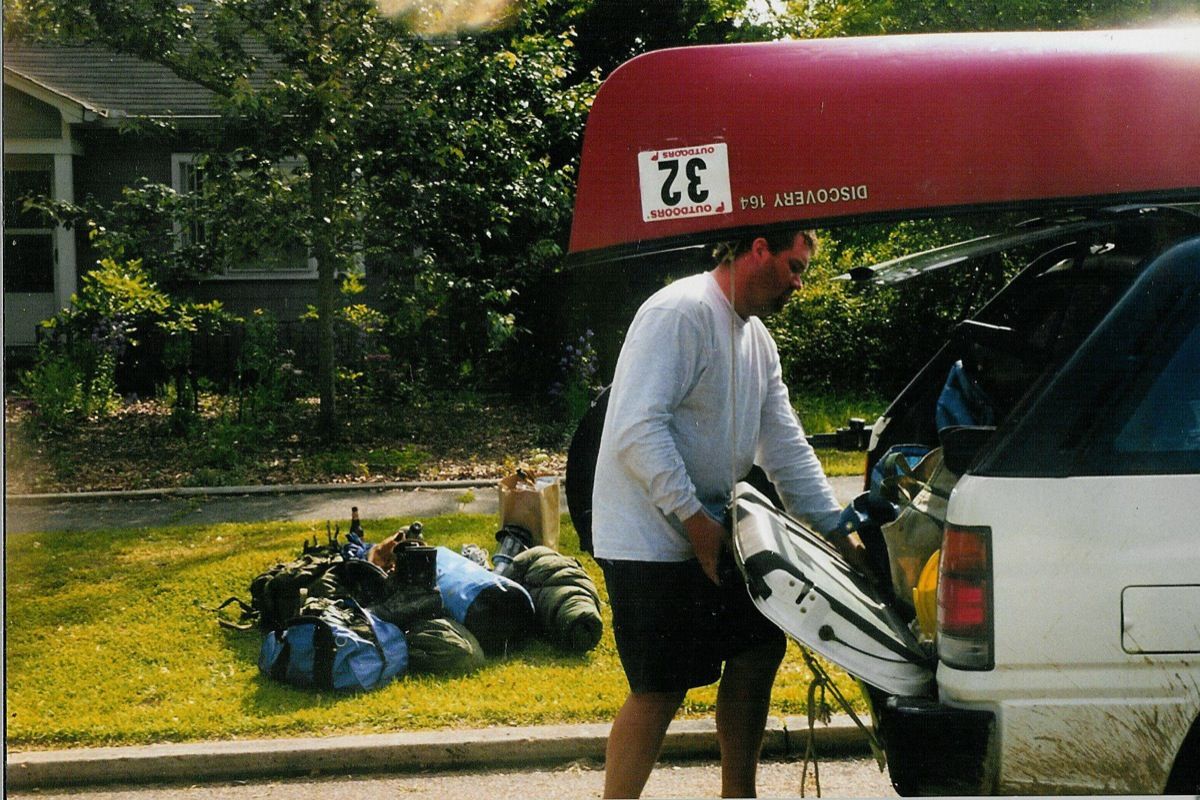Last week, I detailed out the first part of a plan to help you make and meet your summer goals.
It starts by completing these two short sentences:
I would feel better about myself if I ____________.
I would feel better about myself if I did not ____________.
The objective is to complete the sentences simply, with one idea.
For example, you may have said:
I would feel better about myself if I rode my bicycle more often this summer.
I would feel better about myself if I ate more salad.
I would feel better about myself if I spent more time with my niece.
And you may also have said something like:
I would feel better about myself if I did not buy potato chips from the vending machine at work every afternoon.
I would feel better about myself if I did not give up so easily on advancing in my career.
Through the above exercise, you have, in essence, set your goals. Goals should be related to how we feel and think about ourselves. Through writing out these sentences, we have written down specific ideas that we believe we should (and should not) do in order to feel better about ourselves.
In this next step, we will now think about the action that most closely relates to these sentences.
In other words, think about what small thing you can do each day, or week, to help you do whatever you need to do to feel better about yourself.
So, instead of thinking about your goals in big, abstract ways (“I want to lose 20 pounds”), you’ll focus on considering the small steps you’ll incorporate into your daily life that directly connect with what you have identified you should (or should not) do.
So, instead of stating this as your goal: “I’m going to eat healthier this summer,” you say, “I’m going to eat salad for lunch three times each week.”
Rather than saying, “I’m going to ride my bike a lot this summer,” you say, “I will ride my bike to the store (or church or library or friend’s house) twice each week.”
It is important to make these all very specific.
Therefore, instead of saying, “I want to see my niece more often this summer,” you say, “I will see my niece once each weekend in June, July, and August.”
The same technique is used for the things you do not want to do.
Let’s suppose that, in our earlier exercise, you said, “I would feel better about myself if I did not eat so much junk food at work.”
You might follow this up with this simple action: “I will not walk by the vending machine at work from the hours of 2-5pm.” Or, “I will buy an apple every day during my lunch break for my mid-afternoon snack.”
With this technique, your summer goals transform into easy, practical actions. First, you identify what in your life you would like to do (or stop doing), and then you clearly identify what actions are necessary in order to live that out.
These simple, achievable actions are not overwhelming or abstract. Instead, they each relate to what you earlier identified as helping you to feel better about yourself.


